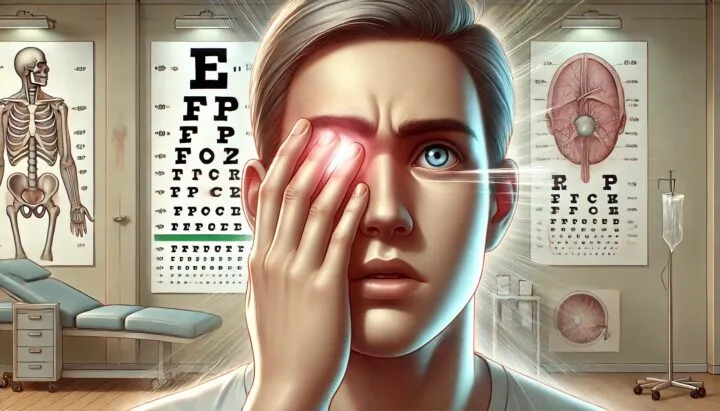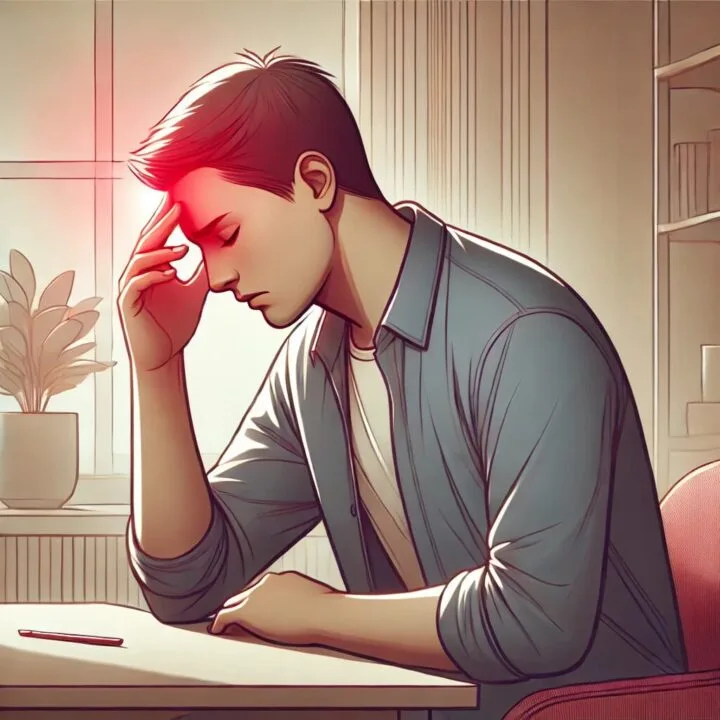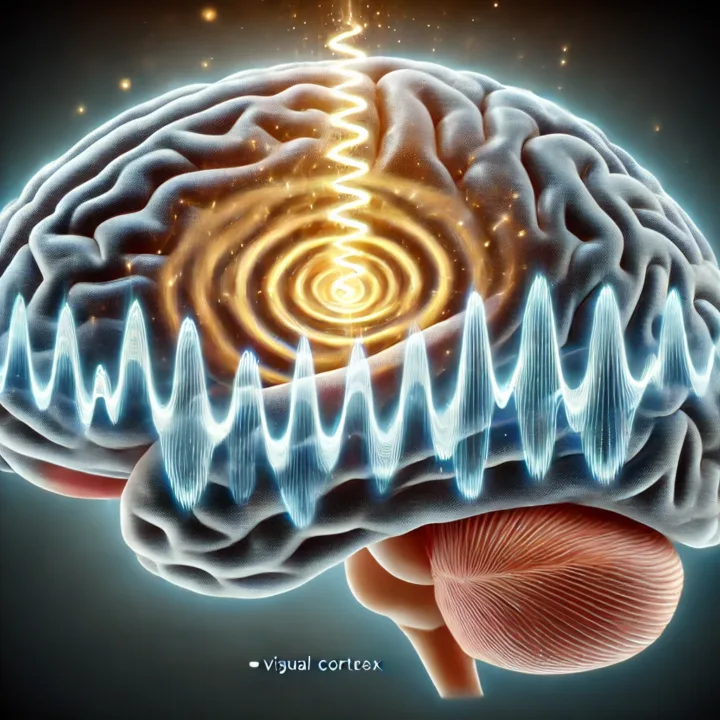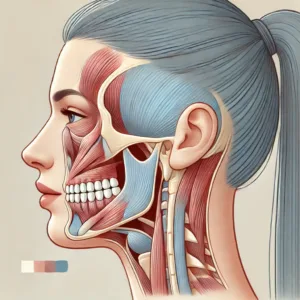Stress and Headaches: Breaking the Cycle for Lasting Relief
Table of Contents
As a headache specialist, I’ve come to recognize the intricate dance between stress and headaches. It’s a relationship that fascinates and challenges both patients and clinicians alike. In this article, I’ll share insights gained from years of clinical practice and research, offering strategies to break the stress-headache cycle and achieve lasting relief.
Understanding the Stress-Headache Connection
The link between stress and headaches is more complex than most people realize. While it’s tempting to draw a simple cause-and-effect line from stress to headaches, the reality is far more nuanced. In my practice, I’ve observed that stress can be both a trigger and a consequence of headaches, creating a vicious cycle that can be challenging to break.
The Physiological Perspective
When we experience stress, our bodies release a cascade of hormones, including cortisol and adrenaline. These hormones can cause muscle tension, particularly in the neck and shoulders, and alter blood flow patterns in the brain. For many of my patients, this physiological response directly contributes to the onset of tension-type headaches or migraines.
The Psychological Dimension
Equally important is the psychological aspect of the stress-headache relationship. The anticipation of pain can itself be a significant stressor, leading to anxiety and hypervigilance. I’ve seen countless patients whose fear of the next headache attack becomes a self-fulfilling prophecy, triggering the very pain they dread.
Breaking the Cycle: A Multifaceted Approach
Successfully interrupting the stress-headache cycle requires a comprehensive strategy. Here are some of the most effective approaches I’ve developed over the years:
1. Mindfulness and Relaxation Techniques
Teaching patients mindfulness meditation has been transformative in my practice. By focusing on the present moment and learning to observe thoughts and sensations without judgment, many of my patients have reduced both their stress levels and headache frequency. I often recommend starting with short, guided meditations and gradually increasing the duration.
2. Cognitive Behavioral Therapy (CBT)
CBT has proven invaluable in addressing the psychological components of the stress-headache cycle. By helping patients identify and challenge negative thought patterns, we can reduce the anxiety and catastrophizing that often accompany chronic headaches. I frequently collaborate with psychologists to provide this crucial aspect of treatment.
3. Physical Therapy and Posture Correction
The connection between poor posture, muscle tension, and headaches cannot be overstated. I work closely with physical therapists to develop personalized exercise programs that strengthen core muscles, improve posture, and reduce tension in the neck and shoulders. Simple exercises, when performed consistently, can yield remarkable results.
4. Stress Management Techniques
Teaching effective stress management is a cornerstone of my practice. This includes time management strategies, setting realistic goals, and learning to say no when necessary. I often encourage patients to keep a stress diary alongside their headache journal to identify patterns and triggers.
5. Sleep Hygiene
Poor sleep is both a trigger for headaches and a consequence of stress. Establishing good sleep hygiene is crucial. I advise patients on creating a consistent sleep schedule, optimizing their sleep environment, and developing relaxing pre-bed routines.
6. Nutritional Considerations
The role of diet in managing both stress and headaches is often underappreciated. I work with patients to identify potential food triggers and ensure they’re maintaining stable blood sugar levels throughout the day. Adequate hydration is also crucial, as even mild dehydration can exacerbate headaches.
7. Pharmacological Interventions
While lifestyle modifications are foundational, appropriate medication can play a vital role in breaking the stress-headache cycle. This might include preventive medications for chronic headache sufferers or carefully prescribed acute treatments. The key is finding the right balance to avoid medication overuse headaches, a pitfall I’ve seen all too often in my career.
The Importance of Individualized Care
Perhaps the most crucial lesson I’ve learned over the years is the importance of tailoring treatment to each individual. What works for one patient may not work for another. It’s essential to approach each case with an open mind and a willingness to adjust strategies based on the patient’s response.
The Role of Patient Education
Empowering patients with knowledge about their condition is a critical component of treatment. Understanding the mechanisms behind their headaches and the rationale for various interventions can significantly improve compliance and outcomes. I dedicate considerable time in my practice to patient education, believing that an informed patient is better equipped to manage their condition.
Looking to the Future
As our understanding of the stress-headache relationship continues to evolve, so too do our treatment strategies. Emerging technologies like biofeedback devices and smartphone apps for stress and headache management show promise. However, I always remind my patients that these tools are supplements to, not replacements for, the fundamental principles of stress management and headache care.
Conclusion: A Message of Hope
Breaking the stress-headache cycle is challenging, but it’s far from impossible. With patience, persistence, and the right strategies, most patients can achieve significant improvements in their quality of life. As a specialist who has witnessed countless success stories over the years, I can confidently say that there is hope for those trapped in this cycle. The key lies in a comprehensive, individualized approach that addresses both the physiological and psychological aspects of the condition.
Remember, seeking help is a sign of strength, not weakness. If you’re struggling with stress-related headaches, don’t hesitate to reach out to a healthcare professional. With the right support and guidance, you can break free from the cycle and reclaim control over your life.













Post Comment